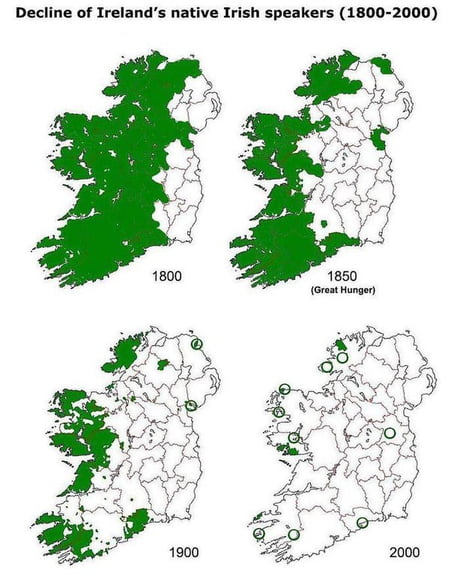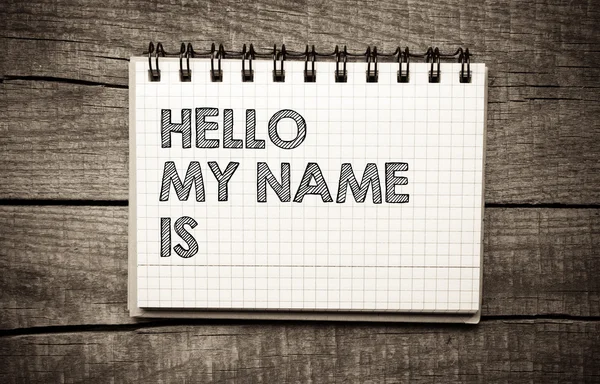The book I am using to share information from is completely free, and full available online:
Special report on surnames in Ireland, with notes as to numerical strength, derivation, ethnology, and distribution; based on information extracted from the indexes of the General register office
by Matheson, Robert E. (Robert Edwin), Sir, 1845-1926; Ireland. Register General
It has been a snapshot of a period in time, and yet so many of these names remain essentially unchanged in use and popularity in Ireland. I hope others can find it as useful, and as fun a read, as I have.
Thus, inspired from this book, an explanation on how surnames gained hold in Ireland:
Surnames in Ireland may be divided with reference to their derivation into six essential categories:
- Personal Names.
- From Rank or Occupation.
- Animal, Vegetable, and Mineral Kingdoms.
- From Locality.
- Personal Peculiarities or Attributes.
- Other Surnames.
"The great bulk of the most common names in the country are undoubtedly of Celtic origin.
Many oi them still retain the- prefixes and Mac, the former peculiar to Ireland and the latter
used both in Ireland and Scotland. In many cases, however, these prefixes have been dropped.
It is a matter of common occurrence to find in the same record Celtic names written with the
prefixes and Mac and without them.
It is impossible now, in some cases, to trace whether families are of Celtic or English descent, as
some of the English settlers took Irish names, and Irish families were compelled to adopt
English surnames.
By a Statute of 1366, it was provided, inter alia, that "Every Englishman do use the English
language, and be named by an English name, leaving off entirely the manner of naming used by
the Irish "
; and in 1465 (5 Ed. IV., cap. 3), a law was passed enacting " that every Irishman that
dwells betwixt or amongst Englishmen in the County of Dublin, Myeth, VrieU, and Kildare . . .
shall take to him an English Surname of one town, as Sutton, Chester, Trym, Skryne, Corke,
KinsaJe; or colour, as white, blacke, browne ; or arte or science, as smith or carpenter; or office,
as cooke, butler . . ."
The existence of the two languages in the country accounts for the practice which prevails in
some parts of Ireland of using English names with their Irish translations or equivalents
interchangeably..."
some of my ancestral names and where they are found (as noted in the book)
- AGNEW - Antrim, Armagh, Down
- ANDREWS - Antrim, Down
- BARRY - Cork, Limerick, Waterford
- BRIEN - Cork, Dublin, Tipperary, Waterford and Wexford --- note FEW are found in Ulster
- BROWN - Antrim, Londonderry, Down and Dublin (seen with an E more often for Cork)
- BUCKLEY - Cork, Kerry, Dublin, Kilkenny, Tipperary
- CADDELL - RARE NAME - ONLY 6 BIRTHS IN IRELAND IN 1890, 2 IN ULSTER (name variant 5)
- no CARRAGHER mentioned for 1890 Births
- CONNOR - everywhere
- CRONIN - Cork, Kerry, Limerick
- DONOGHUE - Kerry and Cork
- DOUGLAS - Antrim and Londonderry
- no DRISLANE
- FITZPATRICK - everywhere
- FLEMING - antrim, dublin, galway, londonderry, mayo
- FORREST - Cork
- GAW - rare - Down and Antrim
- no HEYBURN
- JOHNSTON - everywhere
- MCGEOUGH - Monaghan and Louth
- MITCHELL - everywhere
- O'REGAN - Cork and Limerick
- QUINLAN - Tipperary and Kerry
- SEXTON - mostly Cork, Clare and Limerick
- SOMERVILLE - mostly Ulster
- STOKES - fairly rare and everywhere
- SWEENEY - Cork, Donegal, Mayo, Kerry















